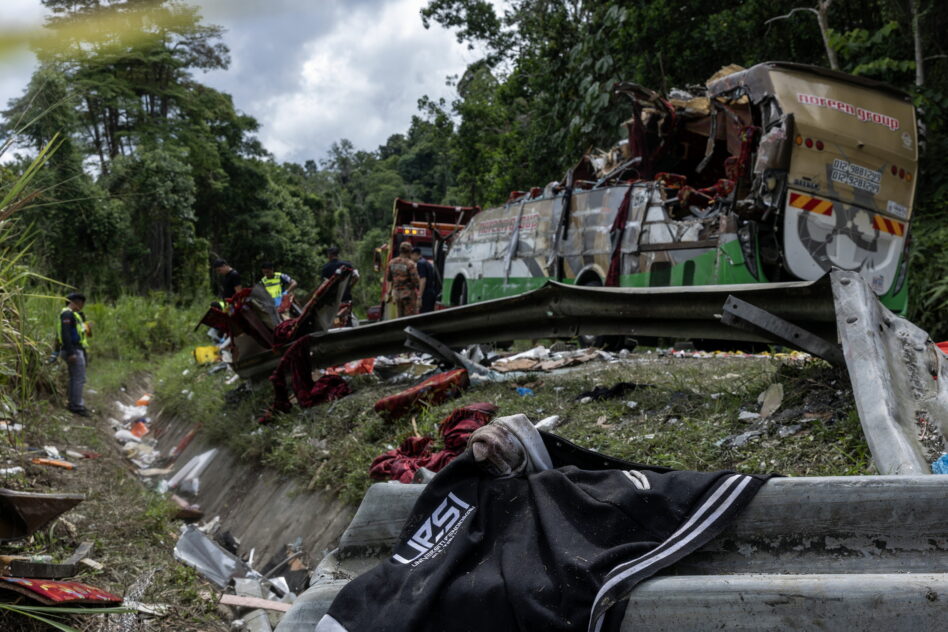THE Federation of Malaysian Consumers Associations (FOMCA) has called for all parties to respect the enforcement of the smoking ban in all workplace buildings as part of the Smoking Products Control for Public Health Act 2024 (Act 852), saying community safety and health must be safeguarded.
Citing researches about the dangers of secondhand smoke, the federation points to research indicating that secondhand smoke contains over 4,700 harmful chemicals including carcinogenic substances, and prolonged exposure increases the risk of lung cancer, heart disease and chronic respiratory issues.
“Children are particularly vulnerable, facing higher risks of respiratory infections, asthma attacks, and Sudden Infant Death Syndrome (SIDS),” it said, adding that approximately 27,200 deaths in Malaysia each year are attributed to tobacco.
According to FOMCA, data in Malaysia further highlighted the importance of implementing workplace smoking bans to improve indoor air quality, safeguard employee health and reduce healthcare costs associated with smoke-related illnesses.
“The goals of public smoking bans are to protect everyone from tobacco smoke hazards, encourage smokers to reduce their smoking habits as a step towards quitting, and preventing children, who observe adults smoking from an early age, from adopting similar habits in public spaces,” it stated.
FOMCA disclosed that since the implementation of the 2010 Indoor Air Quality Code of Practice and the enforcement of Act 852, some parties have contested the expansion of smoking bans in workplace buildings, citing concerns about personal rights and economic implications.
“However, courts have affirmed that public health is a priority. FOMCA urges all parties to respect these legal decisions to safeguard community safety and health,” it continued.
As part of enforcement measures, FOMCA stressed that employers must ensure that all workplace buildings are entirely smoke-free, while clear no-smoking signs must be displayed in all workplace buildings.
“FOMCA calls on all parties to comply with the ban and smoke only in designated outdoor areas and take firm action against violations of smoking prohibitions,” it said.
“Awareness campaigns must also be conducted about the dangers of secondhand smoke. This initiative not only protects employee health but also contributes to the well-being of society and future generations.”
From Jan 1, 2025, laundromats and workplace buildings in both the government and private sectors will be designated as non-smoking areas, bringing the total number of non-smoking areas in the country to 28.
Among the 26 other areas included in the ban are internet cafés, national service training centres, observation towers, campsites, canopy walkways, school buses, and public transportation vehicles. – Jan 2, 2025
Main image: Khazanah Research Institute









